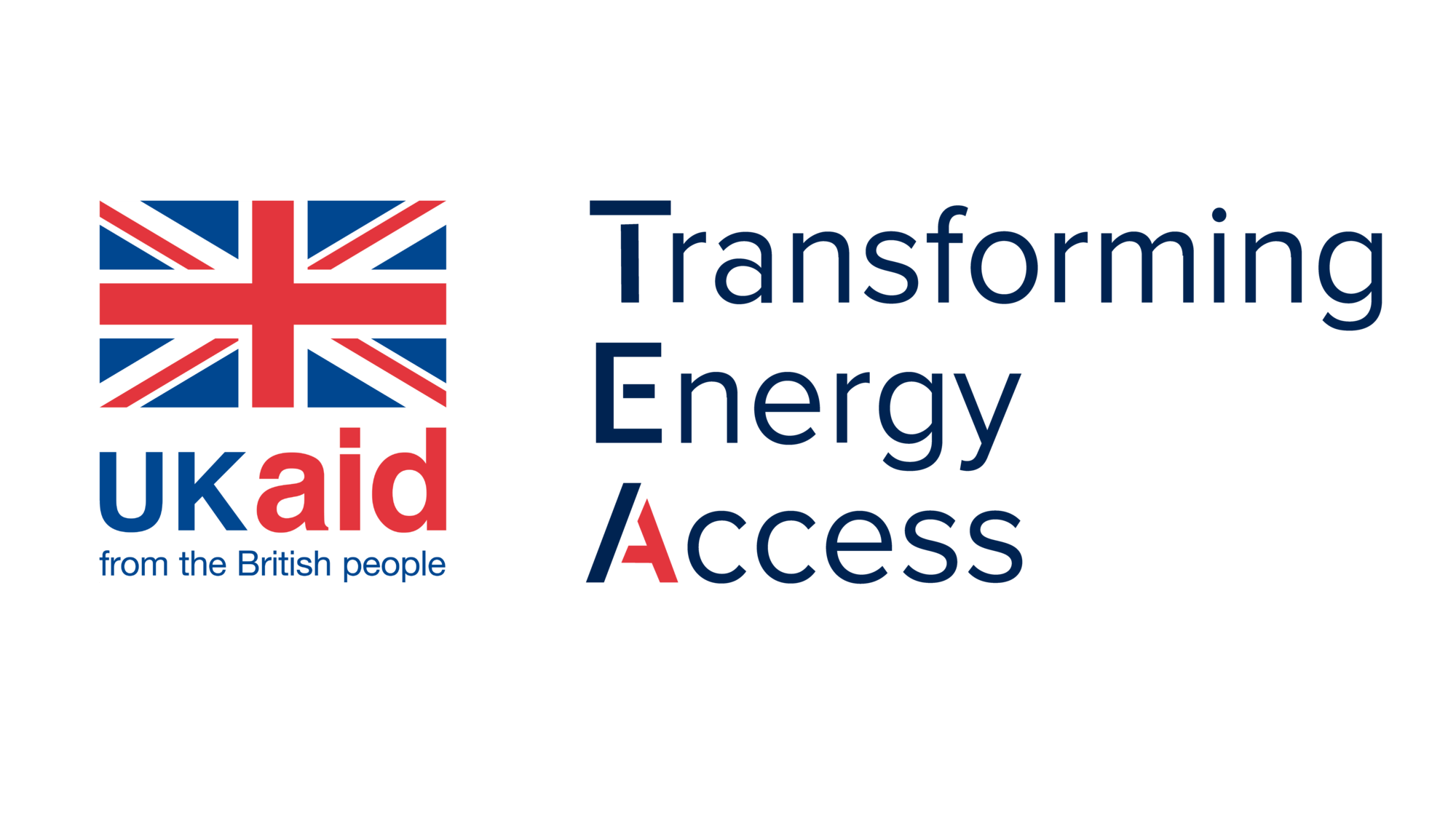African venture capital: barriers and solutions to address imbalances
However, the distribution of the funding is uneven. The landscape of start-ups successfully accessing funding is dominated by non-African CEOs. For the subset of energy, mobility and agriculture-related firms, the equivalent distribution is 21% of CEOs and 36% of executive teams.
Shell Foundation, co-funded with UK aid from the UK government , EchoVC, Songhai Advisory, Briter Bridges and Triple Line investigated why this demographic imbalance in the start-up investment landscape persists and identified emerging solutions.
, EchoVC, Songhai Advisory, Briter Bridges and Triple Line investigated why this demographic imbalance in the start-up investment landscape persists and identified emerging solutions.
DOWNLOAD THE RESEARCH (PDF, 9MB)
Interviews with investors and start-ups working in these sectors revealed that common barriers they faced included:
- Not having early access to family funds and angel investors
- Not being familiar with jargon used in the investment industry or acquiring sufficient business expertise
- Not seeking investors that matched their stage of business growth
- Being subject to unconscious bias during investment decision-making
- Not having access to the right networks
The research identifies key opportunities in increasing the catalytic investment targeted towards African start-ups. More efforts are needed to make the investment criteria for catalytic capital more transparent which in turn will help start-ups understand the characteristics investors are looking for and strengthen their business models accordingly. Start-ups can also do more by participating in or setting up networks themselves, seeking out business education programmes, strengthening their business plans and ensuring they match an investor’s profile before pitching to them.
The research found that progress has been made towards increasing African start-ups’ access to funding pools but many limitations remain and that international investors can do more by participating in local networks, feeding their investments through local institutions and accompanying their investments with tailored investment-readiness programmes.















